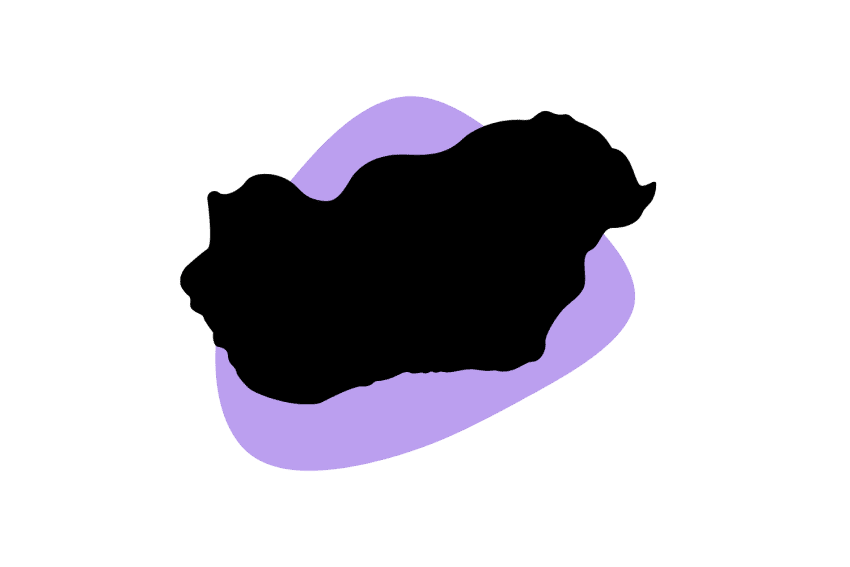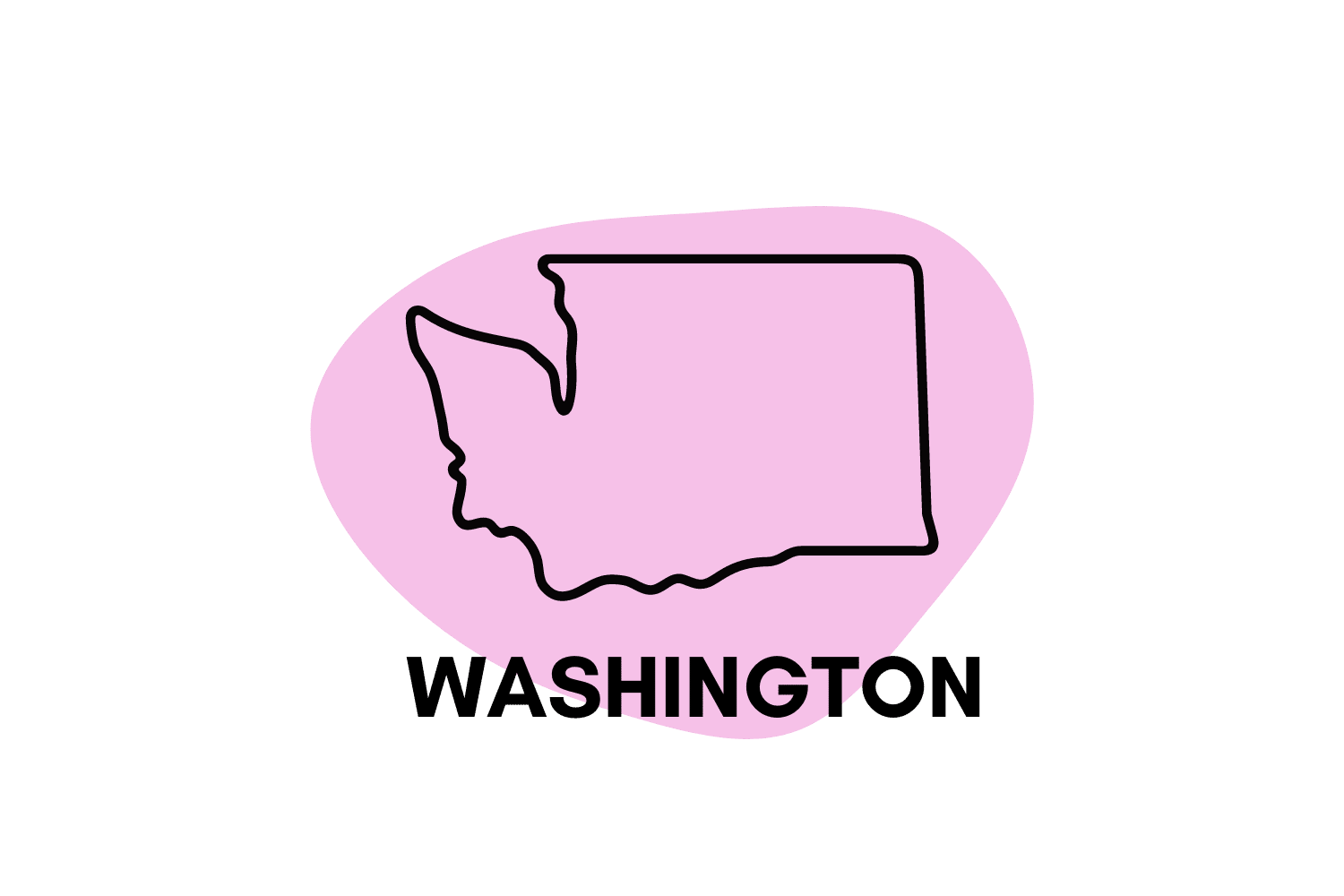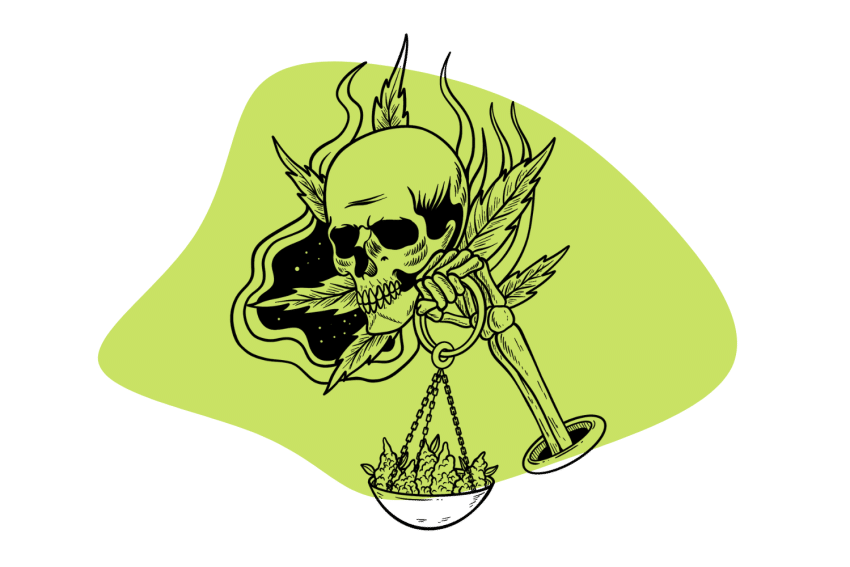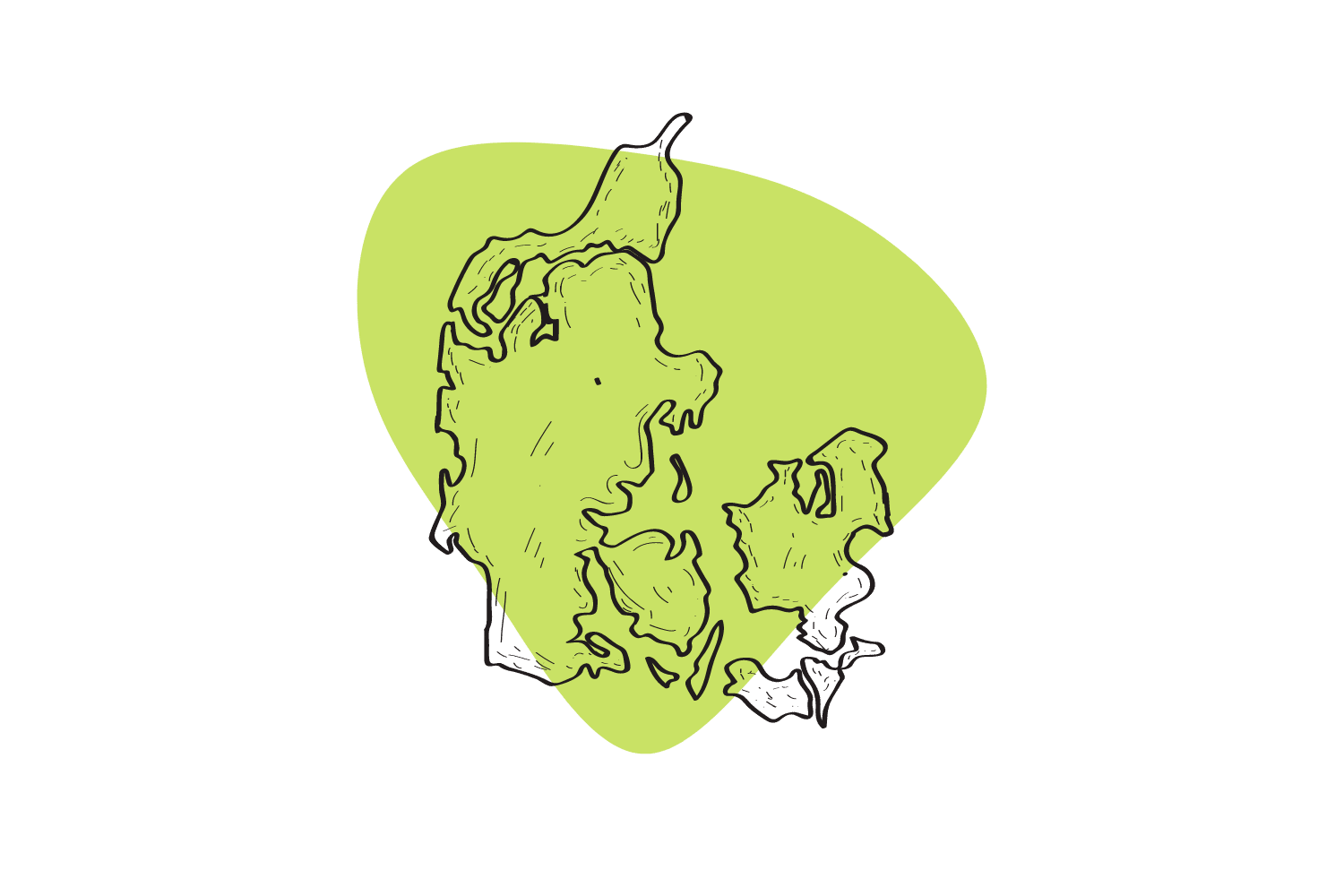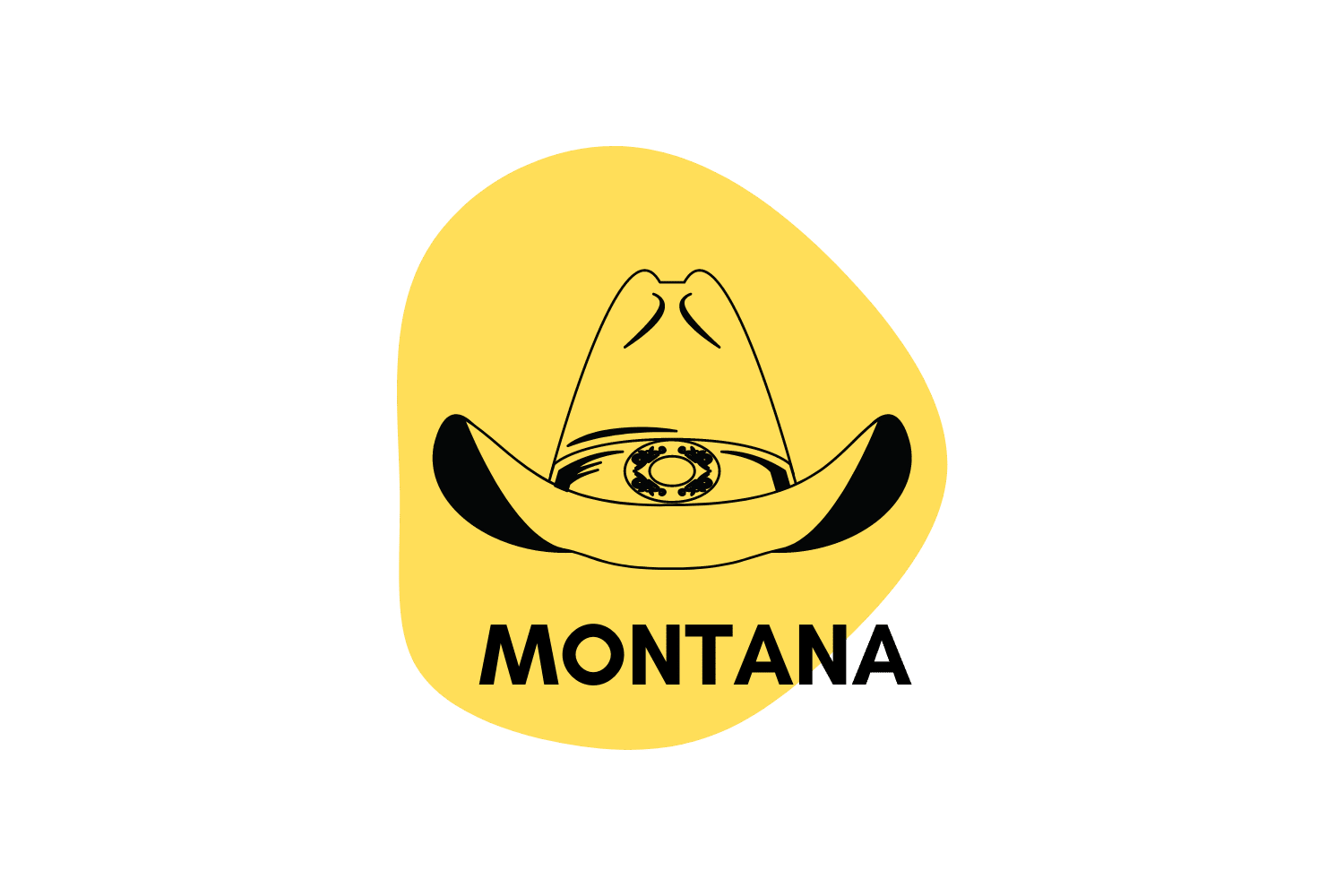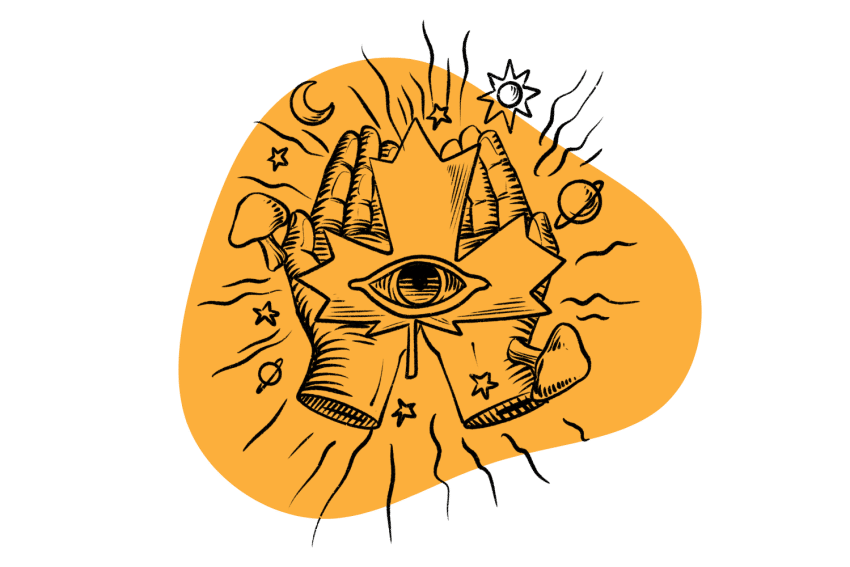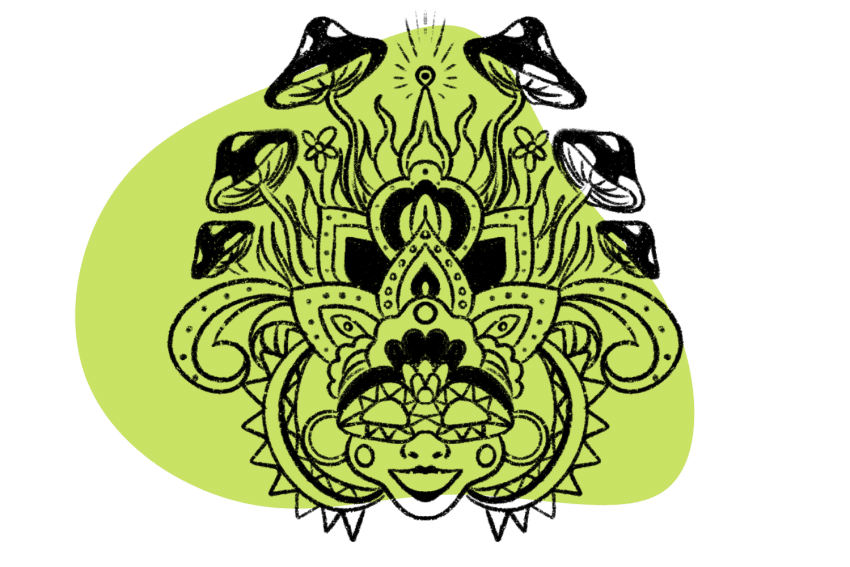Why Are Drugs Illegal? (7 Reasons Explained)
Drugs are illegal for a multitude of reasons, each with its own complexities. In this discussion, we will delve into seven primary factors contributing to their continued illegality: public health risks, patent infringement, economic burdens, racial oppression, and beyond.
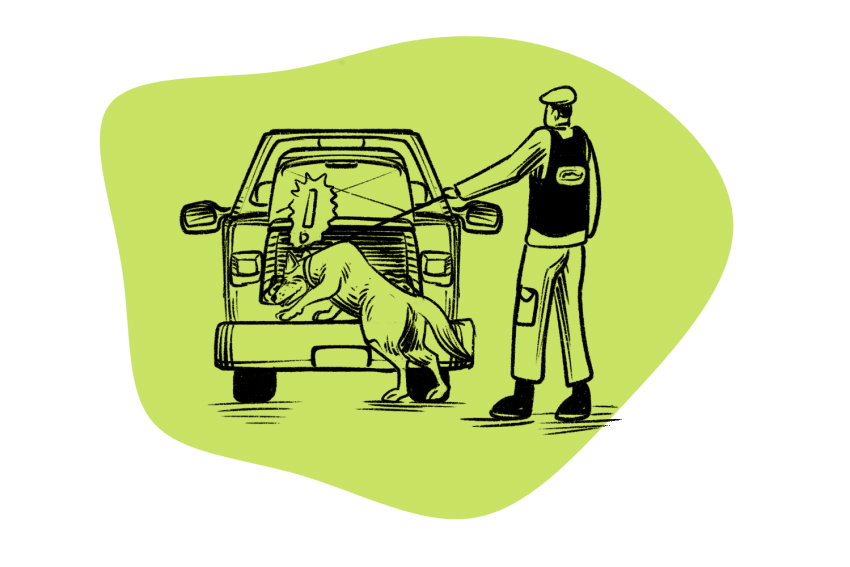
The reasons surrounding the prohibition of drugs, or specifically the well-regulated restrictions on the manufacture, distribution, and use of drugs, are complex and also linked to some controversial theories.
This article will provide a list of all these reasons so that you will understand and possibly also question why drug offenses are as serious as they are.
It’s important to note that all of these are, in fact, theories. The reason for drugs being illegal is very complex and varies depending on who you ask and what country you visit.
Related: Why All Drugs Should Be Legal
1. Public Health Risks
One of the primary and most obvious reasons for making drugs illegal is an attempt to keep the public safe from the damaging effects of drug abuse. Since 1999, more than 932,000 people have reportedly died in the US due to drug overdoses.
The idea is that if drugs are banned, people won’t use them and won’t be harmed by their effects.
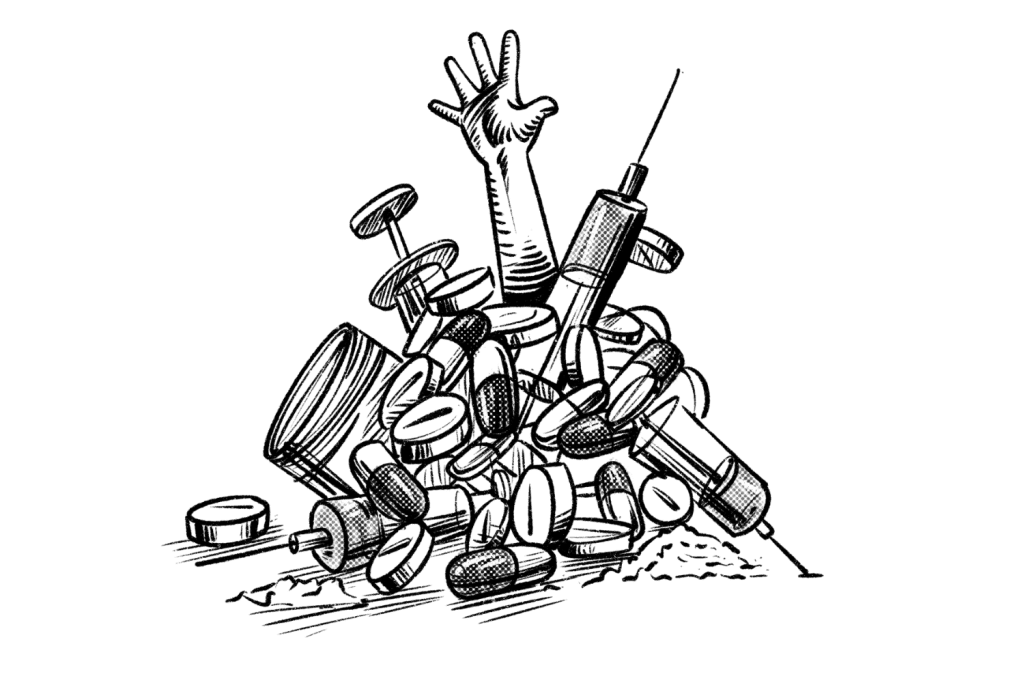
The United States and many other countries use a scheduling system to rank drugs according to their level of risk versus benefit.
Schedule I drugs are the most “risky” class of drugs — defined as having a high potential for abuse and no medical value. These drugs are believed to have the potential to lead to addiction, overdose, and death.
As a result, Schedule I drugs are completely banned to the public and researchers alike. Some examples of drugs in this class include heroin, cocaine, LSD, and cannabis.
2. Legal & Political Reasons
Drug prohibition is not only a domestic matter but is relevant within the international legal and political framework too.
The United Nations established a framework of treaties regulating drugs within all member states through the International Drug Control Conventions.
The relevant conventions are the following:
- Single Convention on Narcotic Drugs of 1961
- Convention on Psychotropic Substances of 1971
- United Nations Convention Against Illicit Traffic in Narcotic Drugs and Psychotropic Substances of 1988
All these treaties impose obligations on member states to criminalize the production, distribution, and use of certain drugs and to adopt strict drug control measures.
In addition to these treaties, drug prohibition is often maintained through political pressure as well.
Politicians and policymakers may face pressure from law enforcement agencies, public health groups, international stakeholders, as well as the public to maintain drug prohibition policies.
3. Patent Infringement
Another relevant aspect in the discussion on why drugs are illegal is the pharmaceutical industry.
In the case of pharmaceutical drugs, the prohibition may be driven by worries regarding patent infringements.
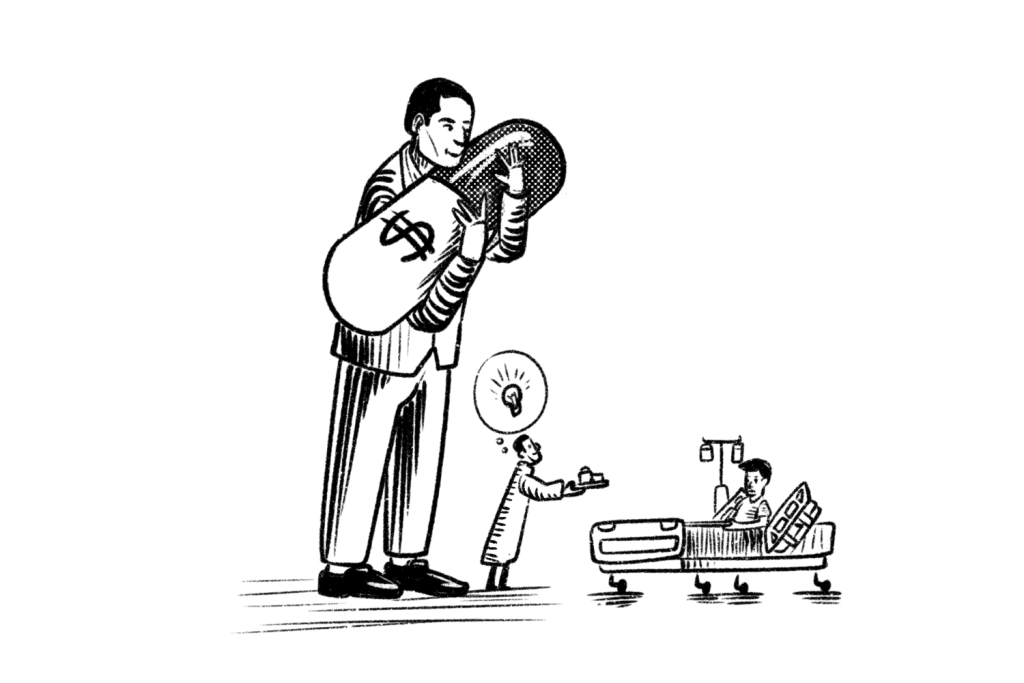
Pharmaceutical companies invest lots of resources, research, and time to develop new drugs, and patents provide them exclusive rights to produce and sell their products. The illegal production and distribution of patented drugs at a lower cost can disrupt the pharma industry’s entire business model and is, therefore, a considerable threat.
Related: Why Your ADHD Meds May Not Be Working
4. Economic Burden
Other reasons linked to the prohibition of drugs may be economic.
On the one hand, prosecuting drug-related crimes creates jobs in law enforcement, customs, and the prison system, as it requires a lot of resources such as personnel, equipment, and infrastructure.
However, it’s essential to consider the other side of this matter; the enforcement of drug laws is very expensive as it requires arrests, prosecutions, and incarceration.
It’s ultimately the taxpayers who bear the burden of funding these costs.
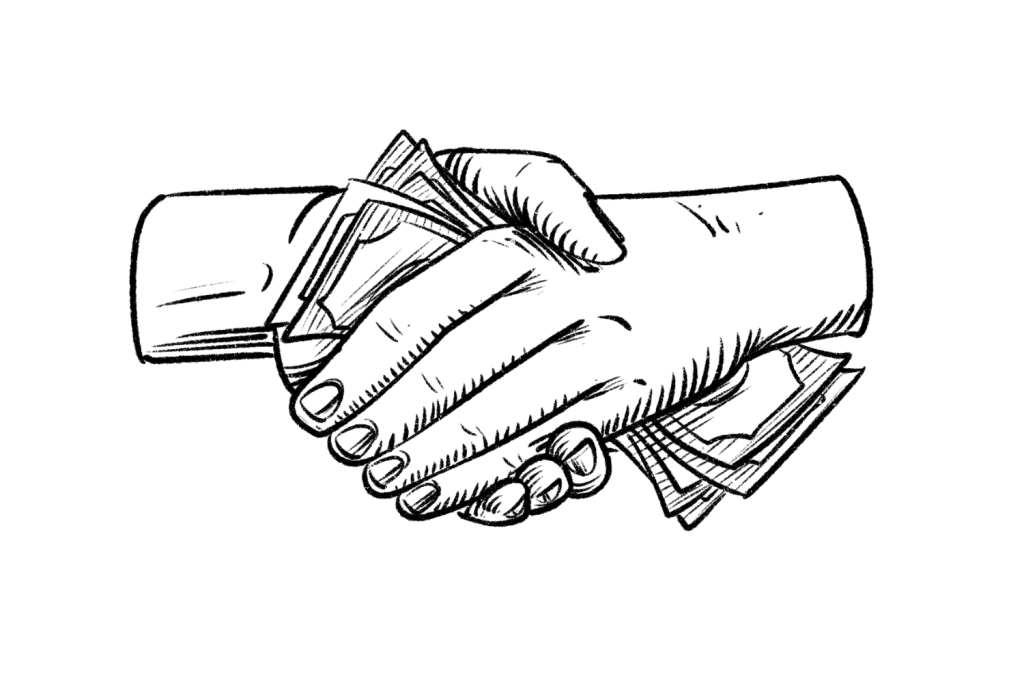
Another economic aspect that should not be ignored is the drug prohibition’s impact on certain industries.
Let’s look at the hemp/textile industries as an example. Hemp is sourced from the cannabis plant and has a wide range of industrial uses, including textiles, paper, building materials, and biofuel.
However, due to the association of hemp with marijuana, which is a prohibited drug in many jurisdictions, the hemp industry may face regulatory challenges and market barriers. This limits the hemp industry’s growth and hinders its economic potential, particularly in regions where hemp cultivation and processing could provide economic opportunities.
5. A Tool For Racial Oppression
Some argue that drugs were prohibited as a way to systematically oppress certain ethnic groups as well as a tool to uphold racial and social inequality.
Let’s unpack this complex matter.
As we laid out in our article on The War on Drugs, John Ehrlichman, Assistant to the President for Domestic Affairs under President Richard Nixon, said in 1994:
“You want to know what this [war on drugs] was all about? The Nixon campaign in 1968, and the Nixon White House after that, had two enemies: the antiwar left and black people. Do you understand what I’m saying? We knew we couldn’t make it illegal to be either against the war or black, but by getting the public to associate hippies with marijuana and blacks with heroin, and then criminalizing both heavily, we could disrupt those communities. We could arrest their leaders, raid their homes, break up their meetings, and vilify them night after night on the evening news. Did we know we were lying about the drugs? Of course, we did.”
This is a clear indication that the motivation behind the War on Drugs was not that of public safety but rather that of oppressing black people.
Even today, there are racial disparities in arrests, convictions, and sentencing about drug-related crimes, and it’s also well documented that the criminal justice system in the US systemically discriminates against people of color.
Therefore, it’s not farfetched to argue that the motivation behind the criminalization of drug use and distribution is linked to exercising control over people of color.
Related: Psychedelics & Race: A Call For Inclusion
6. Controlling Political Opponents
The text above already suggests that the War on Drugs also intended to criminalize the use of marijuana by the “hippies” or the anti-war left political group.
Besides marijuana, LSD shares a similar story: Harvard psychology professor Timothy Leary believed that psychedelics such as LSD would lead to a revolution in consciousness, resulting in a more creative and tolerant society.
Leary once said, “The kids taking LSD aren’t going to fight your wars. They’re not going to join your corporations.” It isn’t surprising that Leary was declared “public enemy number one” by President Nixon, who was convinced that LSD presented a threat to American society.
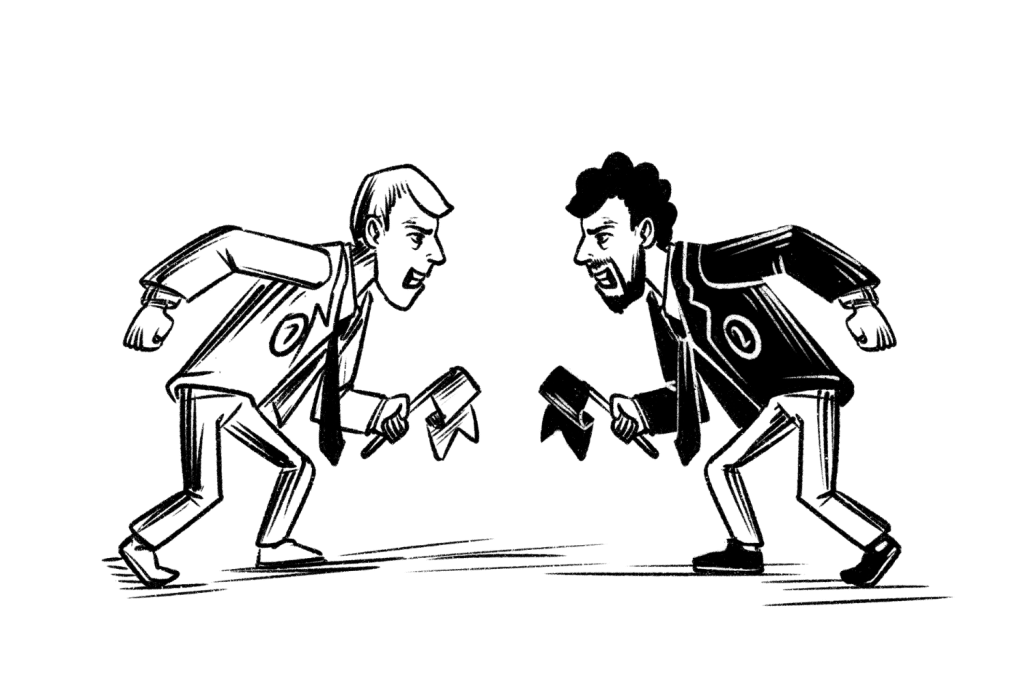
LSD was then listed as a Schedule I drug, despite clear evidence of its low potential for abuse. You can learn more about the history of the criminalization of LSD here.
Based on the previous, it can be argued that the criminalization of LSD and putting it on Schedule I was a tool to control the political left, which was very outspoken against the Vietnam War.
7. Religious & Moral Reasons
Christianity, Islam, and Judaism all prohibit the use of drugs and view it contrary to their teachings on morality, self-control, and the sanctity of the body.
As drug use is considered a sin in religion, it may also have influenced policymakers in some places and encouraged them to prohibit drugs.
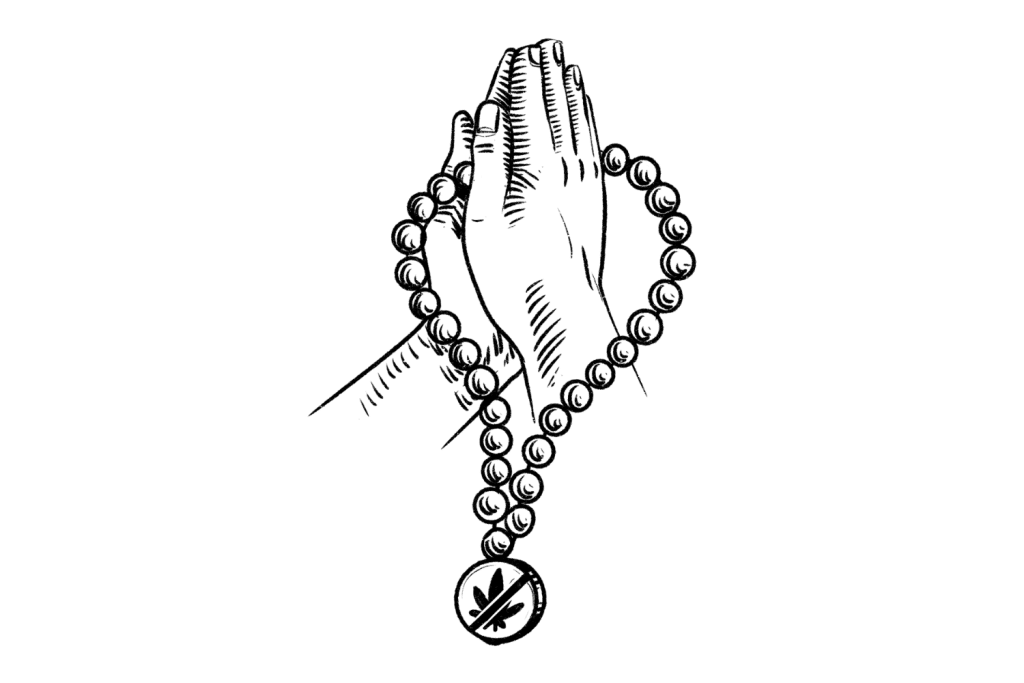
Prohibition May Be Ending Sooner Than You Think
As public opinion evolves and new evidence emerges about the potential benefits of certain substances, the end of drug prohibition may be closer than we think.
Several factors are now contributing to the widespread abandonment of Nixon-era prohibition, including:
- Increased strength of decriminalization and legalization movements
- Shifting public opinion on drug use
- New evidence of therapeutic potential for prohibited substances
- Introduction of novel harm reduction approaches
- International policy reform
Several countries (Spain, Uruguay), a few US states (Oregon, Colorado), and various municipalities (Ann Arbor, Vancouver, Berkeley) around the world have already begun introducing legalization or decriminalization bills.
The above factors, combined with an increasing awareness of the social, economic, and public health consequences of drug prohibition, suggest that the end of this era may be on the horizon.

